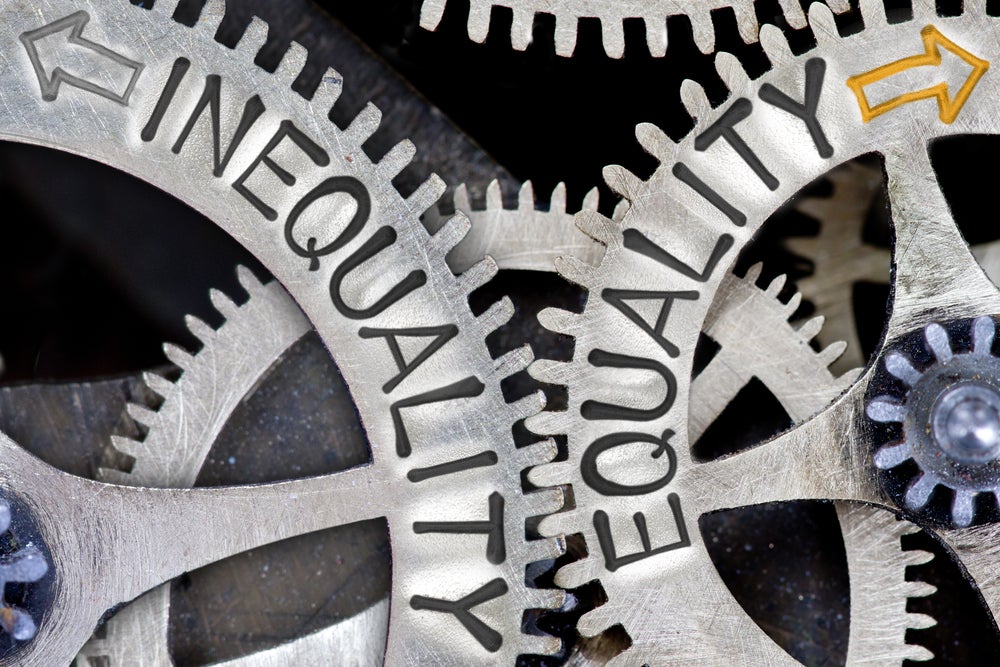
Social class and nepotism are impacting early career opportunities for young people, according to new research from KPMG UK.
The study of 2,000 adolescents found that those from low socio-economic backgrounds were less likely to have gained either formal or informal work experience. Two-fifths (40%) of those from low socio-economic backgrounds had gained exposure to the world of work, compared to around half (47%) of young people on average.
Nearly three-quarters (71%) of those surveyed felt that certain professions – such as becoming a doctor or lawyer – are easier to get into if your parents or guardians also worked in a similar profession. And of those who obtained work experience, this was more commonly arranged via a family member or friend (45%), rather than via their school (32%).
When asked about accountancy specifically, nearly half (48%) of those surveyed thought the profession favours those with parents or guardians from a professional background – such as doctors, lawyers and accountants.
KPMG UK chief executive, Jon Holt, said: “So many young people face an unlevel playing field and it’s limiting their long-term prospects. The reality is, without access to decent and fair work experience and someone to show you the ropes, it can be hard to break into some professions. And talented individuals are therefore being ruled out of the running for jobs, at a really early stage of their career.
“Businesses, including our own, need to play an active role to change this. If we want to nurture the talent of tomorrow, we need to open our doors and offer the opportunity to come and see inside our firm to learn what work is like. And to help the next generation succeed, we need to equip them with skills that are highly valued in the workplace, such as problem solving and creative thinking.”
How well do you really know your competitors?
Access the most comprehensive Company Profiles on the market, powered by GlobalData. Save hours of research. Gain competitive edge.

Thank you!
Your download email will arrive shortly
Not ready to buy yet? Download a free sample
We are confident about the unique quality of our Company Profiles. However, we want you to make the most beneficial decision for your business, so we offer a free sample that you can download by submitting the below form
By GlobalDataReflecting on her own career journey, KPMG UK apprentice, Gabriella Falco, said: “I didn’t really have access to work experience or careers fairs growing up, but I was fortunate enough to stumble across a Women in Banking seminar, which really opened my eyes. Researching careers in finance, I came across KPMG and I was really interested in how the firm gives back to communities. As someone from a lower socio-economic background, I felt the firm’s values aligned with my own.
“Alongside my role in our People Consulting practice, I’m also a committee member of our social mobility employee network, UPbringing. The work I get to do is so rewarding, having such a big impact on the experience and opportunities of our colleagues from lower socio-economic backgrounds. I know it can seem daunting coming into a business like KPMG, but I hope we can help young people from all backgrounds feel excited and confident about the many career options available to them.”
KPMG has focused on increasing social mobility in the profession for over a decade. The firm was among the first businesses to publish its socio-economic background pay gaps in September 2021 and set ambitious targets to increase the socio-economic diversity of its workforce.
In December last year, the firm also published a pioneering ‘progression gap’ analysis to deepen understanding of social inequalities in the workplace. It showed that socio-economic background -measured by parental occupation – has the strongest effect on an individual’s career progression, compared to any other diversity characteristic.






